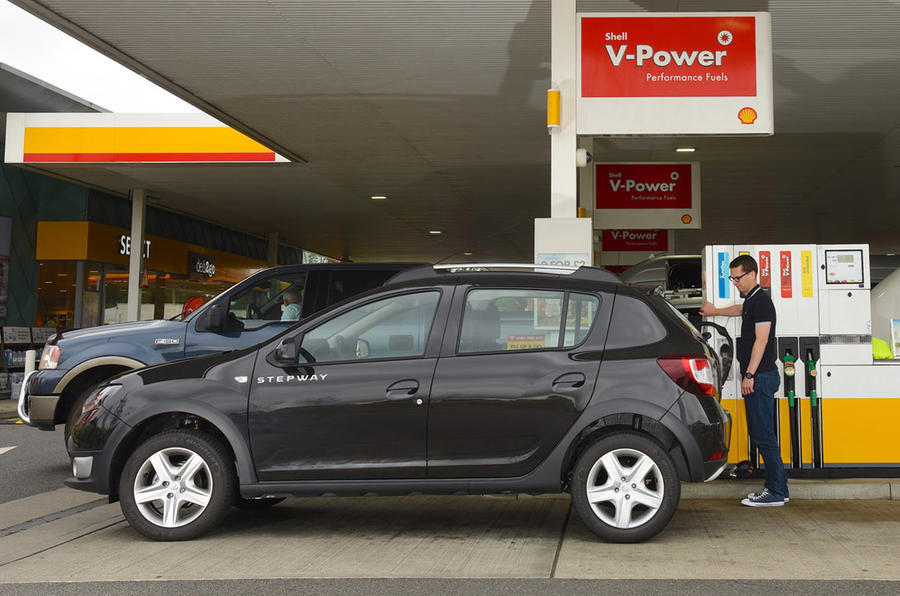Fuel company Shell is ending the supply of Autogas liquefied petroleum gas (LPG) at its UK forecourts, citing low demand and prohibitive compliance costs.
The Autogas UK website has been replaced with a notice regarding the decision and a schedule of closure dates for the remaining facilities. The last site in operation, at Haddon services on the A1, closed yesterday (29 October).
Autogas was a joint venture between Shell and LPG supplier Calor.
An official statement read: "Following a business review by the Autogas board, the difficult decision has been taken to end the joint venture and to decommission its LPG refuelling network.
"Autogas is a joint venture between Shell and Calor and, although drivers of LPG vehicles will no longer be able to refuel at Autogas sites at Shell service stations, there remains a large network of LPG sites across the UK, with infrastructure available to support LPG drivers."
Calor will continue to supply LPG at more than 1000 sites across the UK, and third-party site filllpg.co.uk counts a total 1906 stations still in operation throughout the UK and Ireland, although predominantly in England and Wales.
An Autogas spokesman told Autocar that there were a number of factors at play in the decision to exit the UK market: "Customer demand for LPG for domestic transportation has declined due to changing customer preferences and the increasing availability of other lower-carbon fuels. Many of our Autogas sites are therefore increasingly underutilised, which is why the LPG offering is being phased out.
"The current Autogas refuelling network was installed around 20 years ago and, as such, significant investment would be required to maintain the long-term safe and compliant operation of these facilities."
While there are a number of UK firms offering aftermarket LPG conversions and an official body that ensures the compliance and safety of their systems, Dacia is currently the only manufacturer that sells LPG-equipped cars from the factory in the UK.
The brand recently introduced its Bi-Fuel powertrain option to the market following several years on sale in Europe. Available on the Duster, Sandero and Logan MCV, it allows drivers to switch from petrol to LPG power on demand. It's claimed to save the average driver around £600 per year on the Sandero.
Dacia has made no indication that it will stop importing the Bi-Fuel models following Autogas' departure. The recently revealed new-generation Sandero and Logan will be optionally available with the powertrain.









Join the debate
Add your comment
Really?
Such as?
Shame
Shame LPG never took off. I had a subaru which ran on LPG, was excellent, far more preferable to diesel imo. Installation expensive though, which may have been the problem